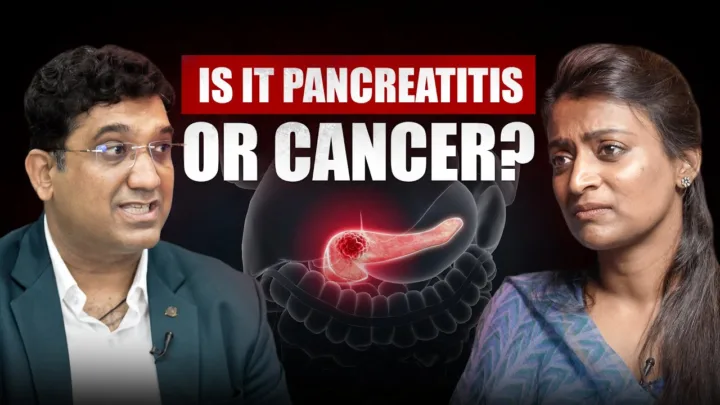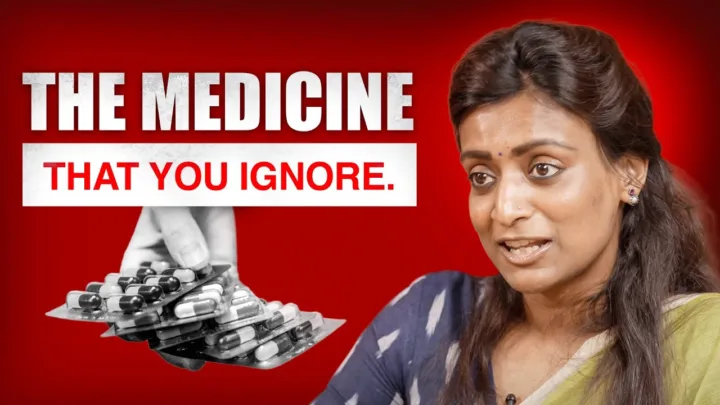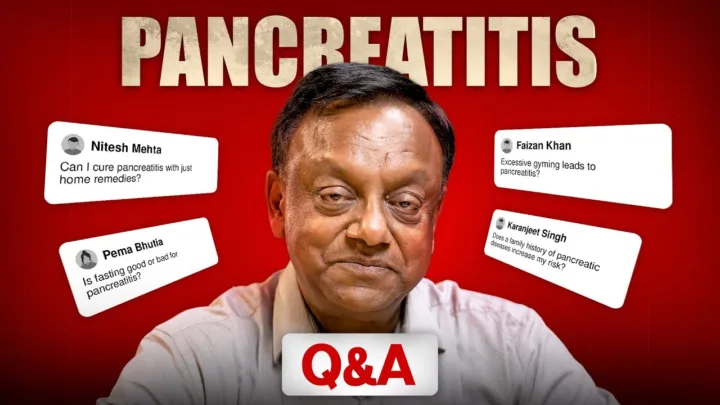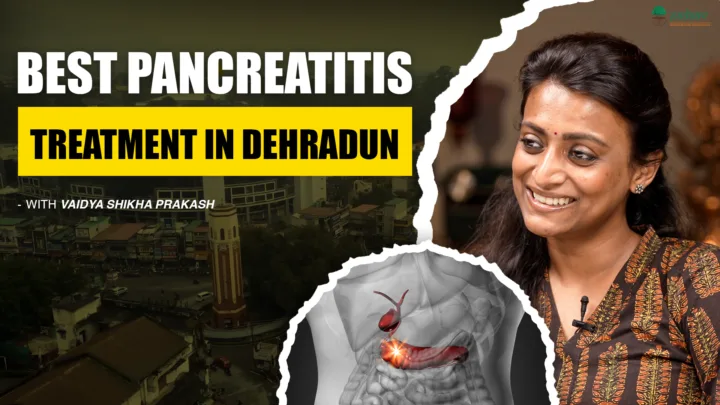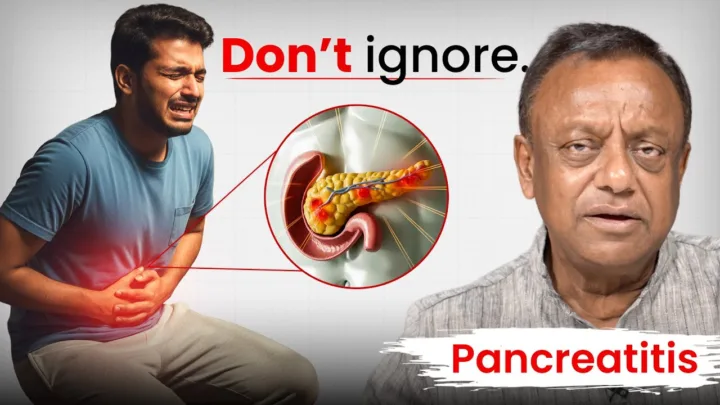Imagine finishing college, ready to conquer the world, when suddenly his life was put on a mandatory pause. This was the reality Pawan faced at just 21 when he was diagnosed with Pancreatitis.
This isn’t just a story about a disease; it’s about navigating shock, overcoming social stigma, and forging a new career and lifestyle when everything he planned got overturned.
The Sudden Stop: From Health to Hospital
Pawan’s diagnosis came unexpectedly. It started with a normal headache and fever. The next day, severe nausea and vomiting began. A local doctor suspected jaundice and admitted him. When his condition didn’t stabilize, deeper scans were done.
The verdict: It wasn’t just jaundice; it was Pancreatitis.
He was an athlete, a Sainik School graduate, and a University of Delhi student someone who was lean, active, and had never been hospitalized. Suddenly, he was spending 15 days in the hospital with high pain and abnormal readings.
The real fear hit him not when he was first sick, but when he came home.
“The moment they talked about surgery, the real fear began. That’s when he started reading everything.”
Once home, he poured over his reports, Wikipedia articles, and research papers. His initial shock turned into an intense need to understand his own body. He wasn’t just casually reading; he was trying to understand the entire anatomy of the pancreas.
The Emotional and Social Crisis
The physical pain of an attack is immense, but the social and emotional pain can be just as damaging for him.
1. The Sympathy Barrier
One of the toughest parts of his journey was dealing with people’s pity. When a young man is struggling with a chronic illness:
“When people look at him with sympathy, he just feels abnormal. He feels that they don’t think of him as equal. It’s sympathizing with him. He never liked it.”
For patients like Pawan, who lost a drastic amount of weight (he lost about 16-17 kg), the looks and whispered conversations were constant. Some even said bluntly, “What will you do with your life now?”
2. The Isolation
His friends at home stopped communicating. They knew he was sick and hospitalized, but the fear (and eventually, a bout of COVID-19) led them to distance themselves. This isolation was a crushing experience for him, making him rely entirely on his family, especially his older sister, who was his rock and chief motivator.
3. Rebuilding the Future: Career and College
Pawan’s career was supposed to start after graduation, but Pancreatitis delivered a “hard slap,” as he put it. For months, he wasn’t thinking about a job; he was focused on one thing: “Just stay alive. Just be able to eat.”
Once he started treatment at Padaav and gained stability (about five months post-diagnosis), his focus shifted.
The Fear of the Social Life
He decided to pursue further studies (MBA) but was initially scared. College life demands late nights, social drinking, irregular food, and stress—all triggers for his condition.
His strategy was simple and rigid:
- No Compromise on Routine: He knew his health depended on his daily schedule. He had to eat on time, every day, and sleep early.
- The Power of “No”: When friends invited him to drink, he simply said, “I don’t drink.” No lengthy explanation about his illness was needed or given. He prioritized his health over social pressure.
- Managing Academics: MBA involves late-night case studies, but the careful diet and holistic treatment he received ensured he never felt fatigued. Even after a late night, he could function the next day without the exhaustion that often triggers flare-ups.
The Corporate Challenge
Today, Pawan works in a fast-paced corporate environment. Navigating this lifestyle requires constant vigilance:
- Food Control: He mostly makes his own food or eats from genuine, trusted places. He avoids processed, packaged, and fried foods.
- Protecting Time: Corporate culture often expects late-night availability. He learned to say “No” to calls and tasks that fall outside his routine, prioritizing his rest.
“If he crosses his limits with respect to health, it will directly or indirectly impact his health. That is why he neglects these things.”
Conclusion: Hope and Health as the Highest Priority
Pawan’s journey has taught him a profound lesson: When he was young, he believed success meant pushing his limits. But a chronic illness forced him to redefine success.
Today, his primary priority is his health: “As far as I am healthy, I am very happy.”
He is hopeful and confident about the future. This journey has not killed his ambition; it has simply clarified it. He is actively pursuing career goals, but with the full knowledge that his health comes first.
His advice to anyone facing a similar struggle is this: Gain knowledge, find the root cause of your symptoms, and follow your routine religiously. Don’t let your illness define your limits; let it guide you toward a wiser, healthier, and more purposeful life.

